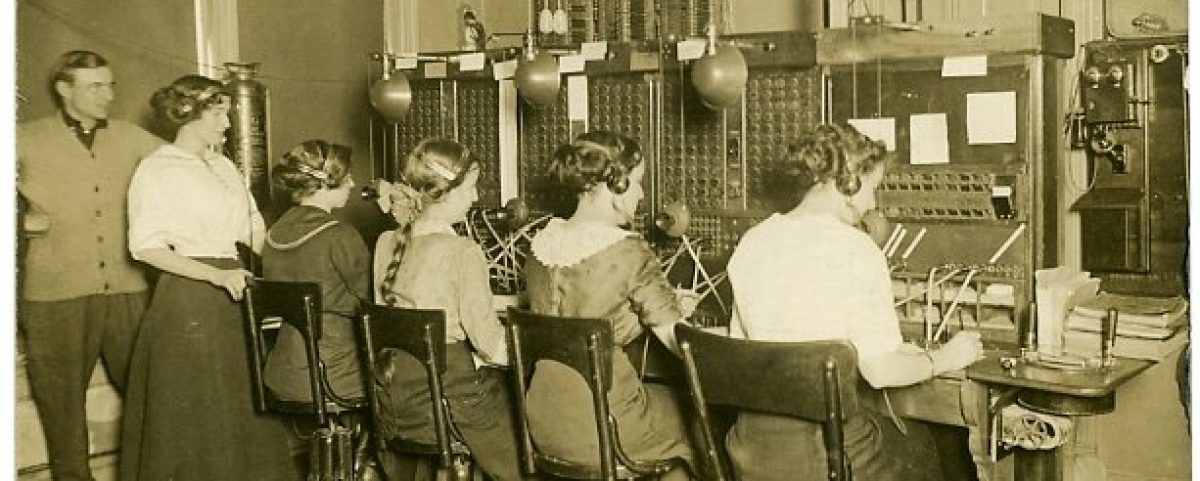
It was only some 15 to 20 years ago that researchers were getting excited about being able to access the decennial census data on the World Wide Web. This digital information was going to make Investigations of the past so much easier as the e-schedules would be text searchable and the entire universe of census products would be available.
Now that we are in the second decade of the 21st century, lots of added helpful data is often just a few keystrokes away, as the universe of online information expands rapidly. The document array is exploding exponentially now as for-profit online publishers and open source providers rush to make valuable research content available to a broader user base.
I learned of another valuable online collection of newspapers at the Edward H. Nabb Research Center for Delmarva History and Culture at the Salisbury University, while doing a talk in Delmar. This excellent special collections archives has created a strong group of online historical Delmarva newspapers. It consists of regional weeklies, spanning the years 1745 through 1922.
In the online records group you will find 17 different newspaper serials from Lower Delaware and the mid and Lower Shores of Maryland. Titles include publications from Salisbury, Easton, Berlin, Snow Hill and elsewhere. The products are text searchable, and the queries yield PDFs of the pages.
This was made possible, in part, by a grant from the Community Foundation of the Eastern Shore. Howard, the president of the Delmar Historical and Art Society tipped me off about this great virtual research warehouse of serials as we talked about such matters. Thanks Howard and Thanks Nabb.



